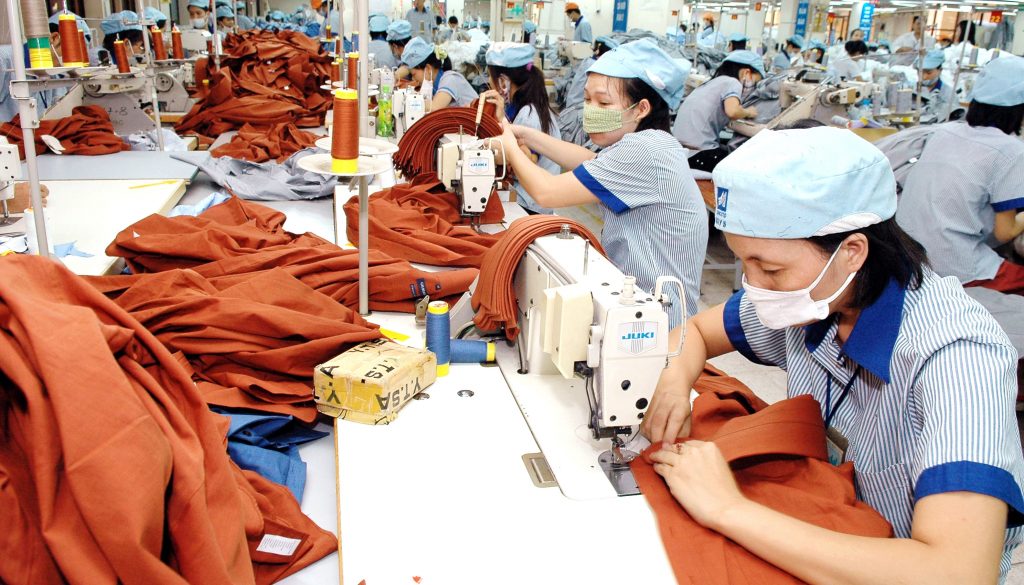The potential collapse of the Trans-Pacific Partnership (TPP) trade pact may not impact Viet Nam’s sovereign credit quality as much as was projected earlier, Moody’s said.

The potential collapse of the Trans-Pacific Partnership (TPP) trade pact may not impact Viet Nam’s sovereign credit quality as much as was projected earlier, Moody’s said.
Though the dissolution of the pact is a “material” loss to export-driven economies such as Viet Nam, investments made in anticipation of the TPP are unlikely to be reversed and will continue to bolster growth in the years to come, Moody’s said in a report titled “Sovereigns - Asia Pacific: US exit from Trans-Pacific Partnership represents lost opportunity for Asia”, released on February 2.
Moody’s cited research by the Peterson Institute for International Economics (PIIE), which has ranked Viet Nam and Malaysia among the countries in the list of 12 TPP signatories that expected to see a sizeable growth spurt. The two countries would have benefited from trade with the United States and from large, long-term foreign direct investment inflows.
The PIIE research found that the Vietnamese economy – measured by real income in 2015 in US dollars – would be 8.1 per cent larger in 2030 compared to a baseline without the TPP, while Malaysia’s would be 7.6 per cent bigger.
The termination of the TPP could slow the momentum for reforms that the deal had fuelled. Moody’s said the pact went beyond existing free trade agreements (FTAs) by setting standards in areas including intellectual property rights, government procurement, environmental and labour conditions, and corruption prevention, in addition to reducing or eliminating tariffs and non-tariff barriers.
The agreement would also have improved trade access - even where agreements already existed - to some hitherto protected markets, such as Japan’s (A1 stable) agricultural products.
The significance of the deal is testified by its scope and size - the TPP signatory economies account for about 40 per cent of the global GDP.
Several TPP signatory countries are now working on other trade deals such as the Regional Comprehensive Economic Partnership (RCEP) – with the exception of the Free Trade Area of the Asia-Pacific (FTAAP) agreement – but the benefits from these trade deals will be smaller than those of the TPP, as they will cover a smaller share of global trade, overlap with existing arrangements and be narrower in scope. — VNS





